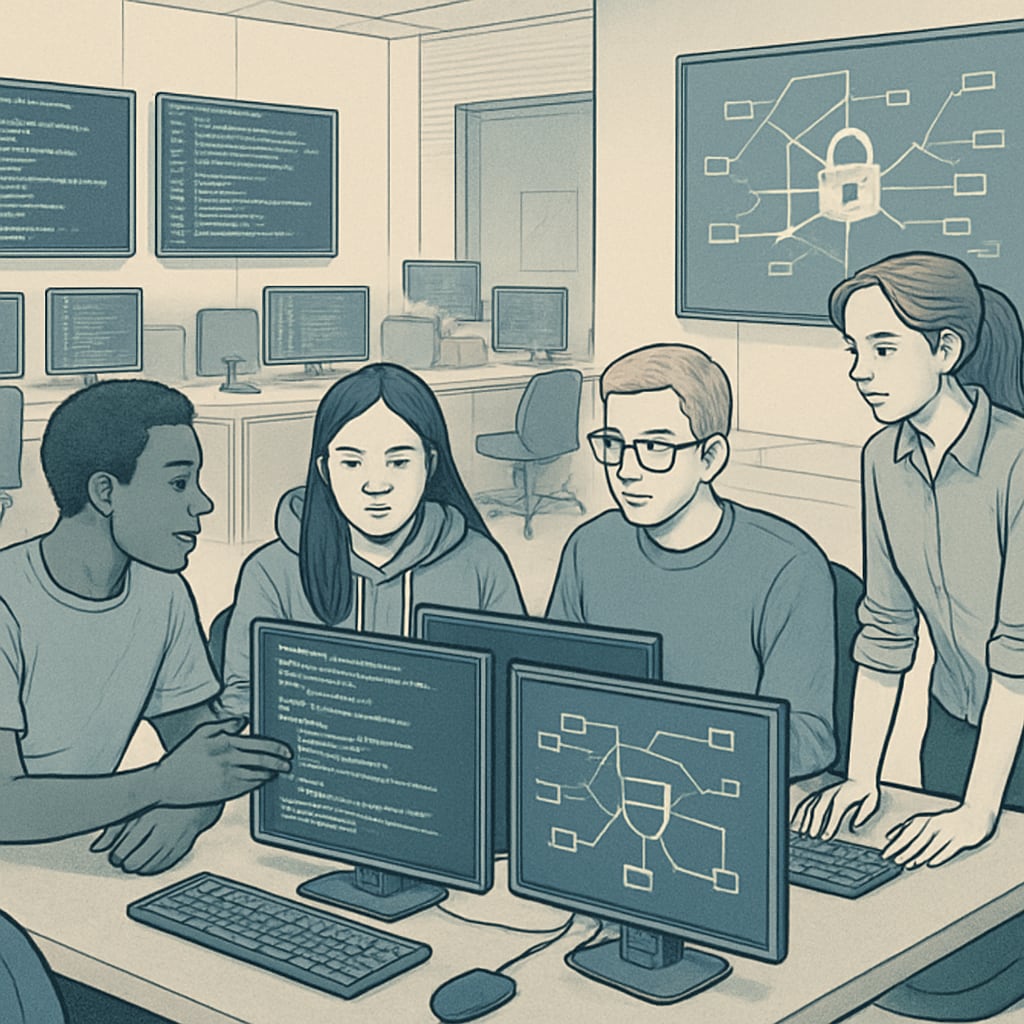The relationship between university reputation, cybersecurity careers, and employment prospects has long been a subject of debate. While a prestigious institution’s brand may open doors, the cybersecurity industry often places a stronger emphasis on practical skills and up-to-date technical knowledge. This article delves into the role of university reputation in cybersecurity employment, identifies the core competencies employers prioritize, and shares actionable tips for students to build their competitive edge, regardless of their alma mater’s prestige.
Does University Reputation Really Matter in Cybersecurity?
University reputation undeniably impacts first impressions. Graduates from top-ranked institutions often receive greater visibility in the job market, as their resumes stand out to hiring managers. For example, elite schools may offer networking opportunities and internships that make it easier for students to land their first roles. However, in the rapidly evolving field of cybersecurity, academic pedigree alone is rarely enough to guarantee long-term success.
Cybersecurity employers prioritize candidates who demonstrate hands-on experience and mastery of in-demand skills. According to a report by CyberSeek, positions like penetration tester, security analyst, and incident responder require up-to-date technical expertise that is not always tied to a specific university curriculum. As a result, graduates from less prestigious schools who excel in these areas can often compete on equal footing with their Ivy League counterparts.

Key Skills That Outshine University Prestige in Employment
While university reputation may influence initial job searches, cybersecurity employers focus heavily on candidates’ technical skills and real-world problem-solving abilities. Here are the core competencies that often outweigh academic branding:
- Technical Proficiency: Mastery of tools such as Wireshark, Metasploit, and Splunk is critical. Knowledge of programming languages like Python and C++ also adds significant value.
- Certifications: Certifications like CompTIA Security+, Certified Information Systems Security Professional (CISSP), and Certified Ethical Hacker (CEH) are highly regarded as proof of expertise.
- Problem-Solving Skills: Employers seek candidates who can think critically and respond effectively to security breaches and vulnerabilities.
- Adaptability: Cybersecurity threats evolve daily, so professionals must stay current with industry trends and emerging technologies.
- Soft Skills: Communication, teamwork, and the ability to explain technical concepts to non-technical stakeholders are essential for career progression.
In essence, while a respected university can help you get your foot in the door, these skills are what enable you to thrive and advance in the cybersecurity field.
Strategies to Succeed Beyond University Reputation
Regardless of your university’s ranking, you can enhance your employability in cybersecurity with the following strategies:
- Build a Strong Portfolio: Contribute to open-source projects, participate in hackathons, and showcase your work on platforms like GitHub.
- Gain Practical Experience: Pursue internships, co-op programs, or freelance work. Hands-on experience is invaluable in demonstrating your capabilities.
- Earn Industry Certifications: Obtaining credentials such as CISSP or CEH can validate your expertise and set you apart from other candidates.
- Network Strategically: Attend industry conferences, join professional organizations, and connect with cybersecurity professionals on LinkedIn.
- Stay Informed: Follow cybersecurity blogs, podcasts, and news outlets to keep up with the latest developments and trends.
By adopting these strategies, you can effectively compensate for the absence of a prestigious university brand and position yourself as a top candidate in the job market.

To summarize, while university reputation can influence initial opportunities, it is ultimately your skills, certifications, and hands-on experience that determine your success in cybersecurity careers. Employers are looking for individuals who can solve real-world problems and adapt to the ever-changing landscape of cyber threats. By focusing on building these competencies, students from any institution can carve out a successful future in this dynamic and rewarding field.
Readability guidance: This article uses concise paragraphs, lists, and transitions to enhance clarity. Active voice dominates, and technical terms are explained where necessary. Images are used to visually support the discussion.


